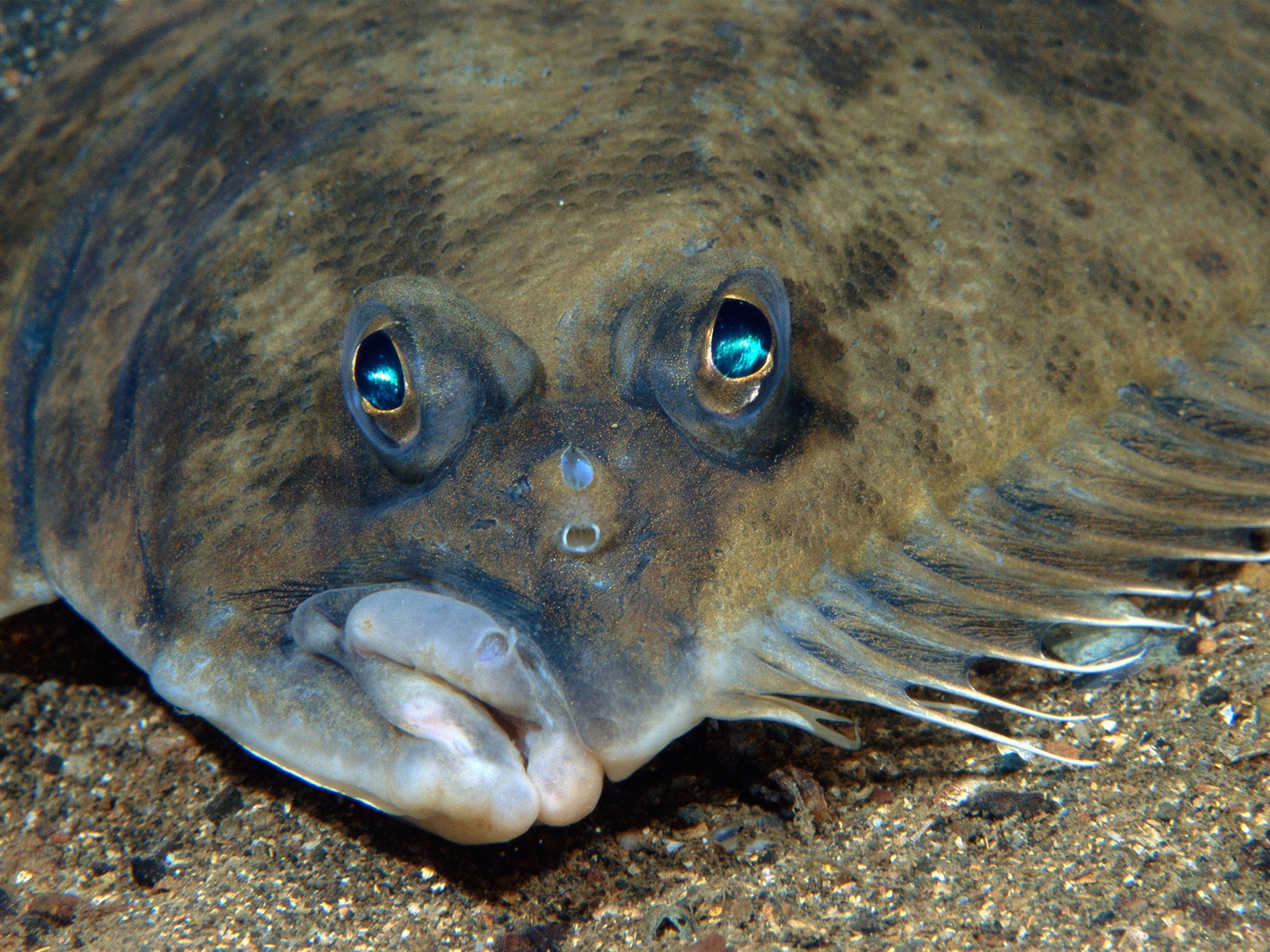Edit: let me preemptively be a pedant to myself and say that “sub-…-species” is wrong because “bilaterally symmetrical animals” is not a species. Flounder is itself a species AFAIK, not a sub-species of anything. It is a descendant of the common ancestor of all bilaterally symmetrical animals. There, now surely no one will find anything to be pedantic about :D
I appreciate that information. However, flounders themselves are not bilaterally symmetrical. I have caught many dozens of them and it’s pretty easy to tell that they are not.
Isn’t it referring to during development? Like as they’re forming, they are bilateral? I haven’t taken developmental biology in many years, so I’m maybe wrong.
They’re only bilateral when they’re very young. And even then, everyone is just focusing on the eyes. The body of the fish is also not exactly bilateral. Just fillet a flounder of any age (or watch a video on it) and you’ll see.
Sorry, I’m talking about like when the fish first starts developing. Like how the initial cells orient themselves. I just have to look up what the definition actually is.
Flounders are not bilaterally symmetrical.
Dafuq you say about me?
YOU’RE NOT BILATERALLY SYMMETRICAL
He can’t understand you, dude.
Hey,
Flounder!
You’
re no
t bila
terall
y sym
metri
cal!
You speak flounder?
It’s a little hard to pick up, but it’s all about one rule: Everything has to be on one side of the page.
Ah, thanks, I really don’t speak flounder too well. Really should learn considering how close to Norway I live
In the tree of life, flounders are a sub-sub-…-sub-species of bilaterally symmetrical animals: https://www.onezoom.org/life/@Holozoa=5246131?otthome=%40_ozid%3D1&highlight=path%3A%40Apionichthys_finis%3D3640785&highlight=path%3A%40Bilateria%3D117569#x2913,y-2310,w8.2796
Edit: let me preemptively be a pedant to myself and say that “sub-…-species” is wrong because “bilaterally symmetrical animals” is not a species. Flounder is itself a species AFAIK, not a sub-species of anything. It is a descendant of the common ancestor of all bilaterally symmetrical animals. There, now surely no one will find anything to be pedantic about :D
I appreciate that information. However, flounders themselves are not bilaterally symmetrical. I have caught many dozens of them and it’s pretty easy to tell that they are not.
Flounders are born symmetrical; eye migration happens as they transition to the juvenile stage of growth.
Isn’t it referring to during development? Like as they’re forming, they are bilateral? I haven’t taken developmental biology in many years, so I’m maybe wrong.
They are born (or hatch too lazy to look up) and their eyes move later once they get larger.
Yeah. I just wasn’t sure at what point things are considered to be bilateral or otherwise.
I thought it may have been during the development process, but can’t remember.
They’re only bilateral when they’re very young. And even then, everyone is just focusing on the eyes. The body of the fish is also not exactly bilateral. Just fillet a flounder of any age (or watch a video on it) and you’ll see.
Sorry, I’m talking about like when the fish first starts developing. Like how the initial cells orient themselves. I just have to look up what the definition actually is.
Oh, I know. It’s very interesting. But when people imagine a flounder, they generally don’t imagine a juvenile unless juvenile has been specified.
Just like starfish!
Forego the illusion of species and families. It’s taxa all the way down.
It depends on whether it was a larvae or not.
They’re “differently symmetrical.”